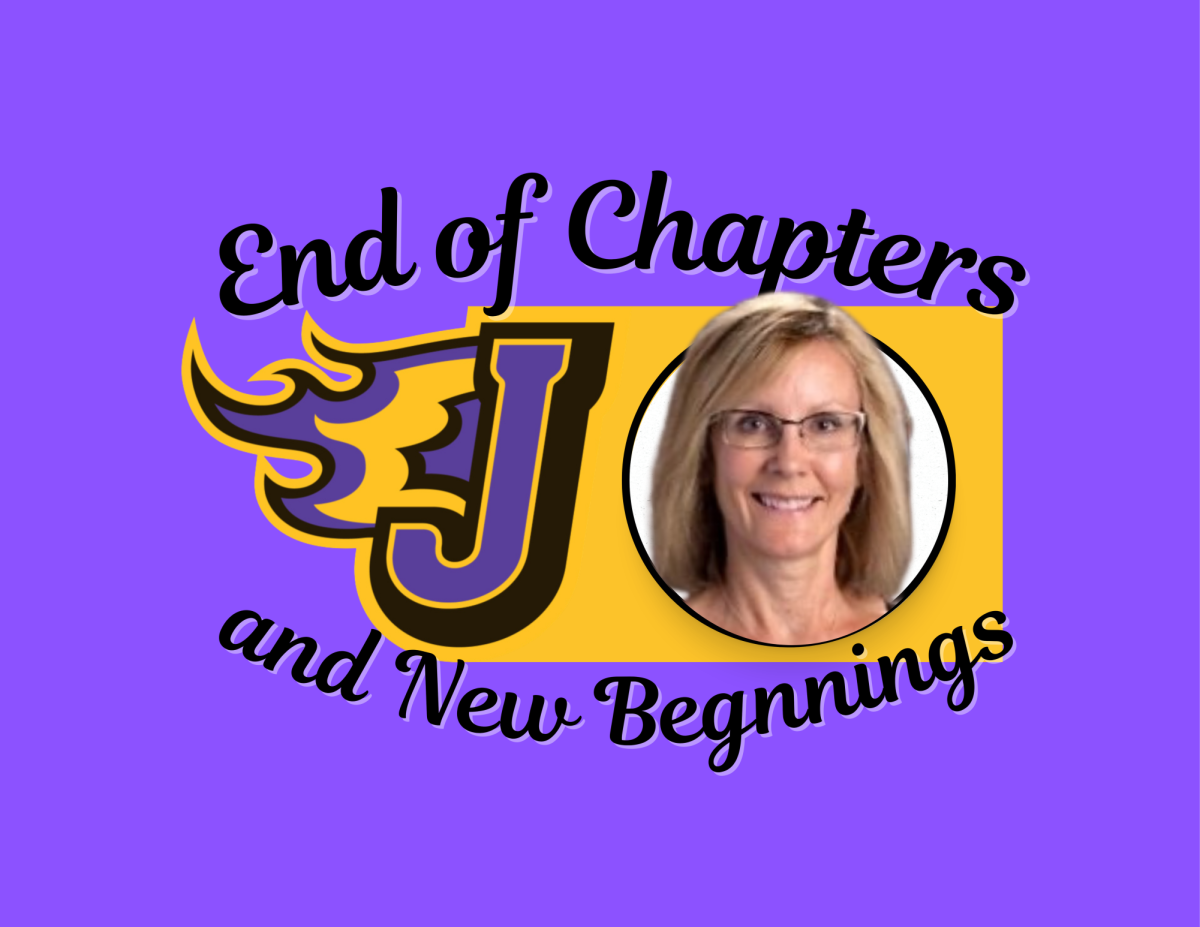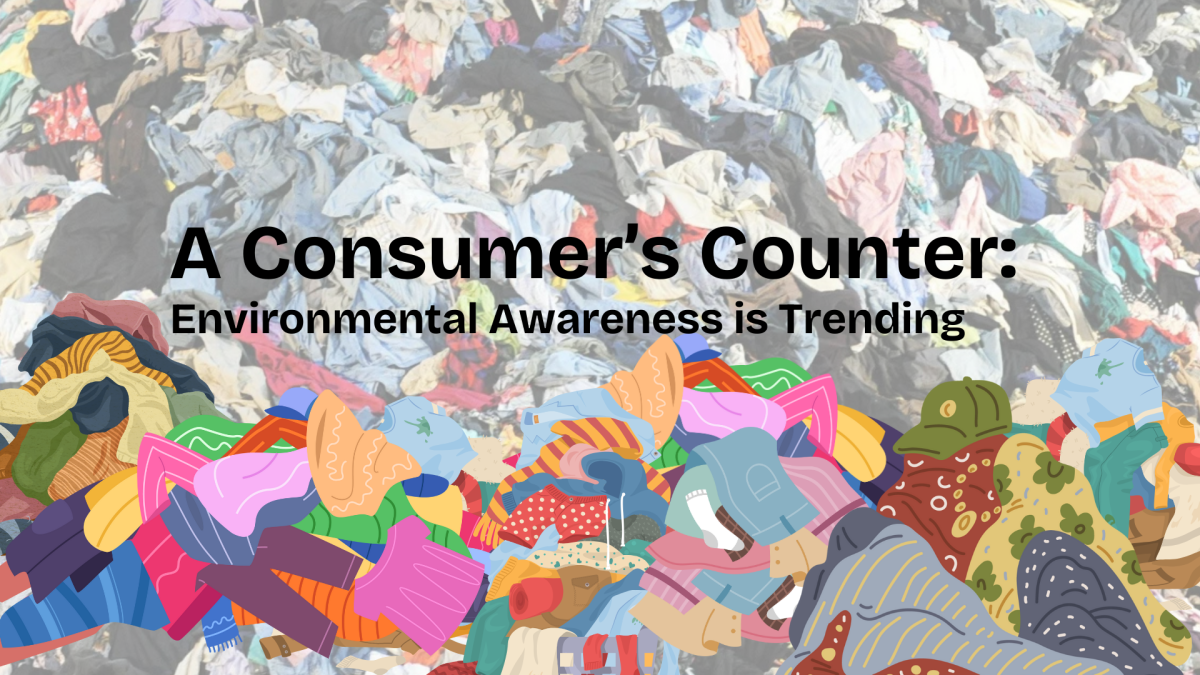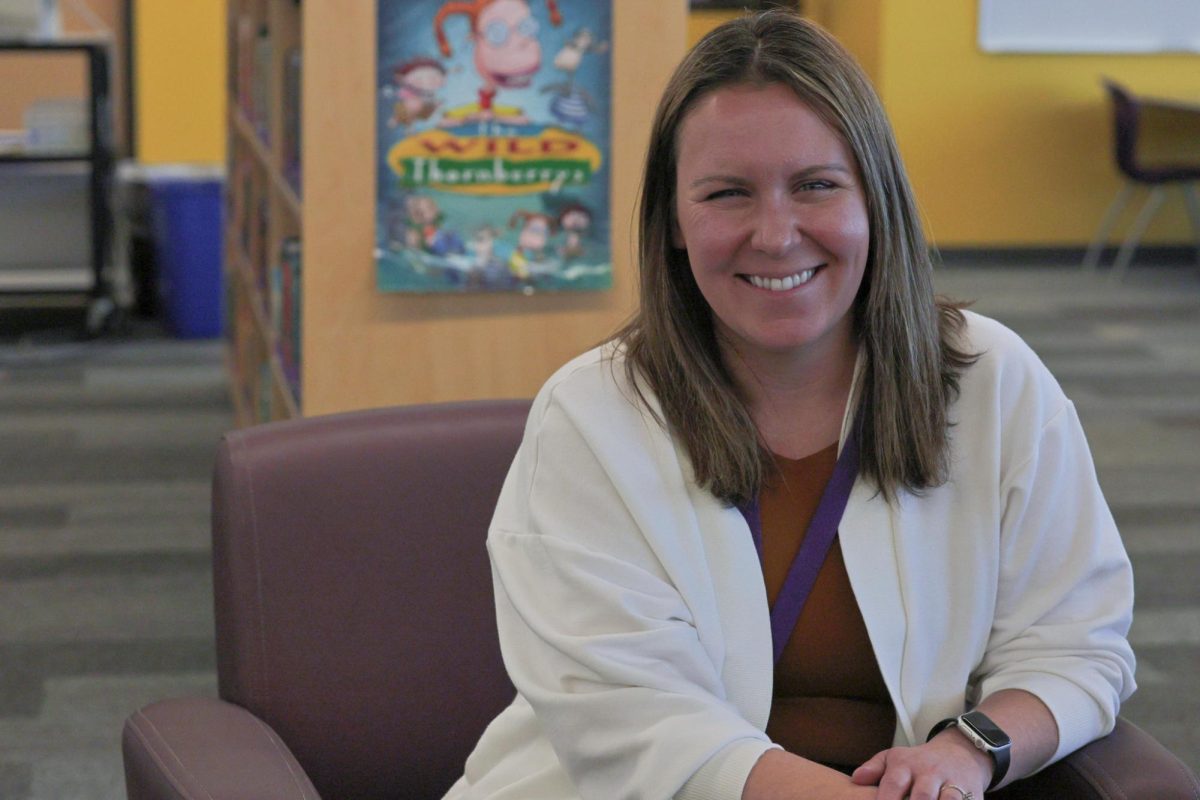Teacher expectations about a younger sibling’s abilities make some kids self-conscious. “Teachers call on me because my sister’s really smart and loved answering questions,” Collin Needham ’18 said. “For some reason, they think I can answer them, too.”
When Needham answers the question wrong, he always feels like other students are laughing at him.
Many teachers realize when they make this mistake. Some care about how this mistake affects the student, some use mistaken identities to get a student to work harder. Adam Retzlaff does not have much of an issue of mixing up the names or confusing the personalities. He does not look at a student and automatically think of their elder. “I was a younger sibling,” Retzlaff said. “I was very well aware of things people would say to me, things I’ve perceived because of an older sibling.”
Retzlaff has seen the similarities and differences between siblings over the years, and does his best to cater to each of the personalities. “You got to treat them based on the situation that they’re in and the classroom environment that they have,” he said.
Other teachers, such as Dave Oldham, follow part of Retzlaff’s philosophy while diverging from some aspects. “I think [students] should have the same expectations, but I think you should keep in mind that no two kids are exactly alike,” he said.
Oldham’s goal is to make everyone feel accepted and show that he really cares about the students as human beings, not just someone taking his class. He decided after having kids of his own that this was the best practice.
There are times when Oldham runs into problems, especially when he gets new students with older siblings. “When you teach a student for a year, then you get to know them pretty well,” he said. “And when you get a little brother that looks just like them, talks just like them, it’s like ‘oh, it’s that kid’. But they’re not.”
In addition to his understandable expectations, Oldham uses one controversial methods to gain the attention of students. “Sometimes on purpose, if they’re screwing up, I’ll sometimes call them by their sibling’s name,” he said.
His method seems to work, and most people have not complained.
Many of his classes hold younger siblings of those he has taught before, and Oldham believes that doing this actually shows the students that he cares about them and their sibling.
The school therapist Amy Zeigenhorn agrees that this may work in some instances. The way a teacher approaches the topic of siblings is extremely important in the process of connecting to the student. If a teacher starts with saying they are looking forward to having the new student in their class, and that it’s partially due to the student’s older sibling, that can form a beneficial relationship between student and teacher. However, if a teacher talks about how much they loved or hated the student’s sibling, and are not extremely welcoming to the sibling, the relationship will turn out far worse.
Zeigenhorn understands that sometimes teachers don’t realize how sibling comparisons can be detrimental. A student can feel as though the class that they are taking isn’t their class, but their sibling’s. This can cause them to avoid certain subjects. “They might just give up, be like ‘this ain’t my class, this is his class, so I’m not even going to try because I can’t compare.'”
This is common with sports. Unconsciously, a student may realize that their brother or sister is very good at sports, while the younger student feels pressured to be that good. “They either want to do it as well, or they want to stay away from it completely,” Ziegenhorn said.
These moments can cause extreme reactions for some students. The older sibling could be very good in school, or abnormally bad. The younger sibling is constantly aware of the legacy of the older. “They always have it hanging over their head, sometimes good and sometimes bad.”
When comparisons are coming from a parent, it can be far more harmful. The effects of such comparisons entirely depend on the parent-child relationship, the siblings’ relationship, and the surrounding environment. “Do they have a positive network around them, or is everyone in their life kind of distance,” Zeigenhorn said.
The older sibling also has positive and negative affects being forced upon them. “It builds into your identity,” Zeigenhorn said. “If you’re the golden boy, that’s a lot to live up to because it’s hard to maintain [the image].”
The older sibling might be unwilling to yield their position as the golden child, which increases the stress on the older as well as the younger. It can also strain the relationship between them with the increasing competition.
Being compared can also draw them closer together. “If the relationship between the siblings is healthy and you’ve got a strong connection there, then whatever else happens, the siblings know that they’re there,” Zeigenhorn said. “They can deal with whatever everybody else says.”








